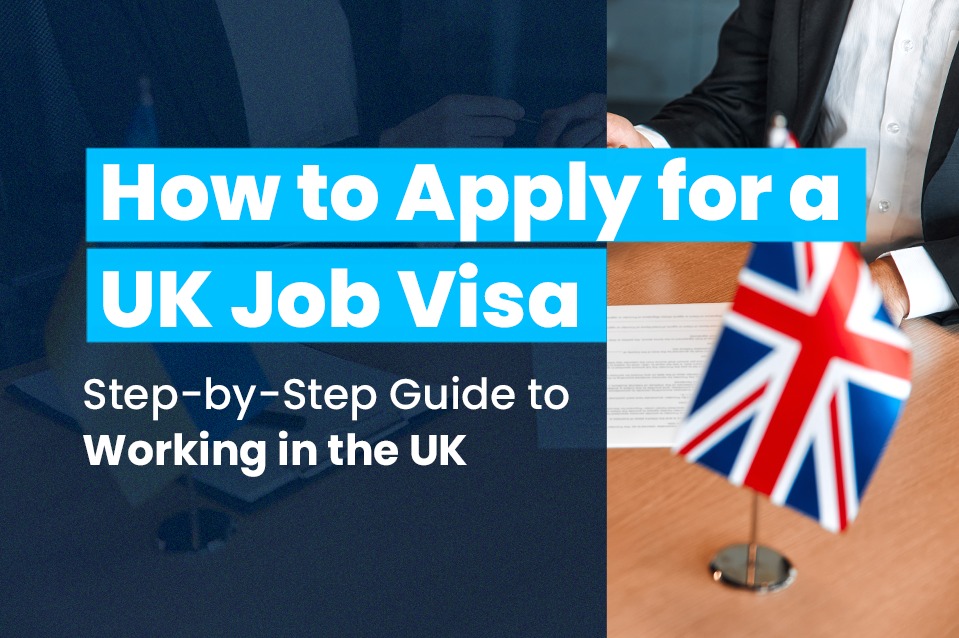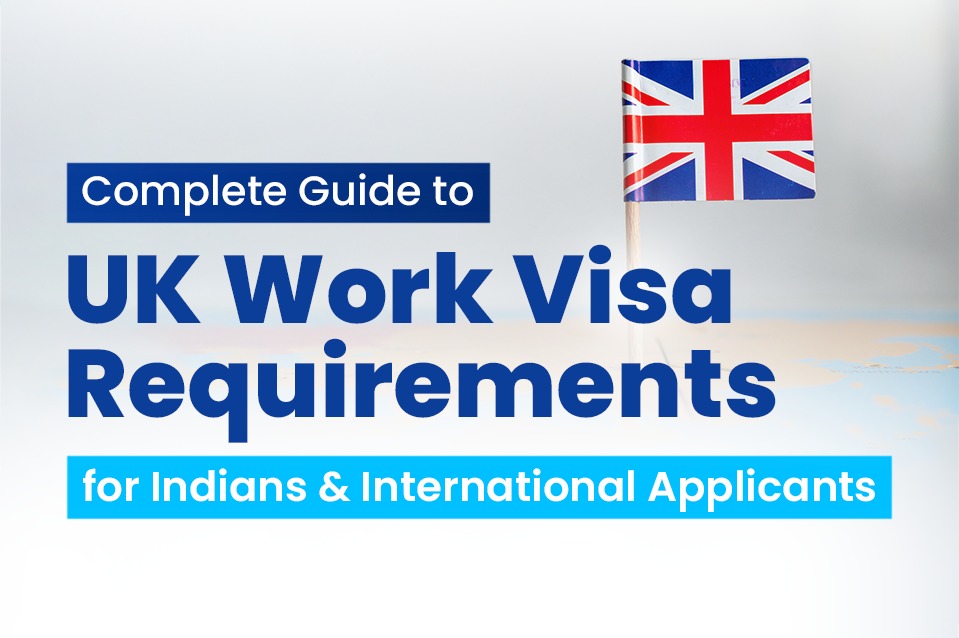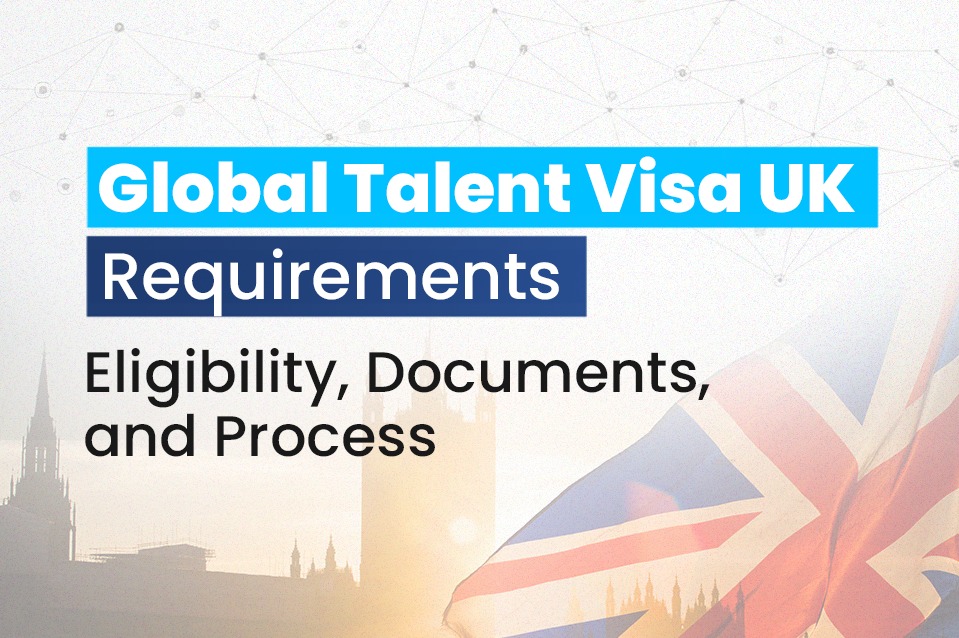
Moving abroad is a significant life event, bringing with it the same combination of excitement, worry, exhilaration, and exhaustion that you may experience during other periods of drastic change. It may and typically does take a physical, emotional, and psychic toll. The difference between surviving and thriving is familiarising yourself with the UK job market and its unique way of life. You'll find out everything about the British way of life and how to make the most of it by reading my book (co-authored by Loknath Tiwari), Indian Guide to UK Technology Career, available on Amazon and Flipkart.
Preparing for your job hunt
Knowing where to seek and who to speak to are just as important as having the necessary skills and credentials while searching for a job in the UK. You may improve your chances of being hired by customising your CV and cover letter for the UK market and the specific position you're applying for, as well as by enhancing your LinkedIn profile and establishing a timeline for your job hunt. For example, you should apply for jobs that require your core skills; if you apply to everything remotely intriguing, you will not be successful.
As you are clear about your job search, lay out a job hunting plan that includes the kind of job boards, recruitment agencies and companies you want to target. As an international applicant, you can use LinkedIn, Totaljobs, Indeed, Reed, UKhired, CV Library, and Monster job boards for your applications. Pay close attention to your LinkedIn profile since it is increasingly being used by businesses to hire professionals from all over the world.
Some of the top recruitment agencies in the UK for international talents may include Hays, Manpower Group, Michael Page, Robert Half, Korn Ferry, Kelly Services, Aston Carter, Adecco and Jbhired. You may also list down companies that recruit overseas talent and have sponsorship licences to specifically target jobs that provide work permits. There are a number of companies such as TCS, Cognizant, Infosys, Accenture, IBM, Wipro, Capgemini, HCL etc, that always have tech jobs openings and they hire overseas talent who needs work permits. Moreover, it is common practice for companies in the UK to offer work permits for highly skilled technical roles, stating in their job postings that they would sponsor visas for any qualified applicants.
Finding the perfect job
You should be selective and strategic while using job boards. Find just a few jobs that best serve your needs, your industry, and your goals. If you're sending out CVs 20 times a day, you're probably in the "anything will do" zone. So, be selective, and look for terms related to your expertise. Look for places where you'd want to live and work. At least once a month, browse the websites of your prospective employers to see who is recruiting.
Make sure you don't pass on a great opportunity because you spotted it too late. You may even set up alerts for jobs associated with companies or industries. Another excellent technique to find a job is through social media. In addition to LinkedIn, search Twitter, Facebook, and Instagram. You can follow the companies you want to work at and also do hashtag searches for jobs or your career role.
Attract or find the right recruiters
Optimise your LinkedIn profile with the right keywords so that the right recruiters can discover you; make sure to switch on the LinkedIn Open to Work feature, and you can make it visible to recruiters only, which alerts them that you're available to be contacted. You may use the hashtags #openfornewopportunities #ONO #OpenToWork or availability in your profile heading to encourage recruiters to contact you.
On the other hand, you don't have to wait to be discovered; you can contact recruiters directly and immediately. You want to contact agencies that specialise in your field, and you can find out that by following job advertisements posted online by recruitment firms. You might also look into professional bodies in your field and their job boards; you could uncover speciality job ads that are relevant to you. This is a brief excerpt from the book, The Indian Guide to UK Technology Careers: Winning Strategies for Professional Advancement. If you are interested in UK jobs and the British way of life, read the book available on Amazon and Flipkart.







